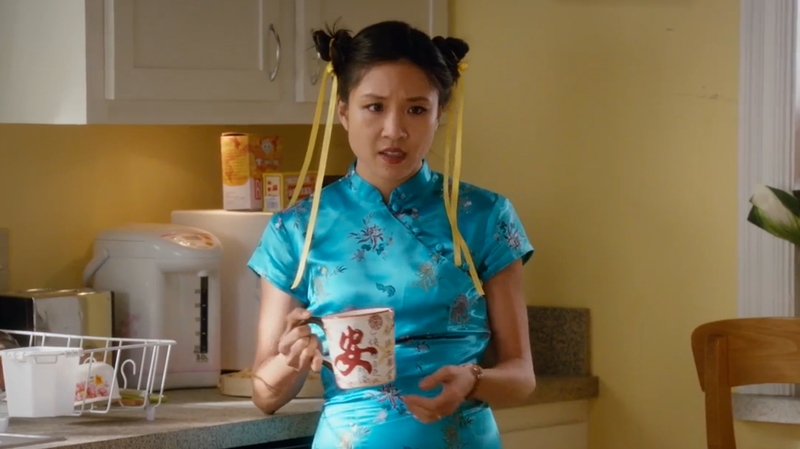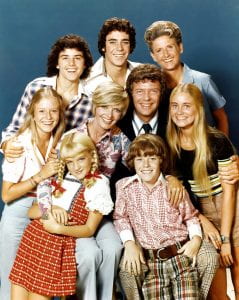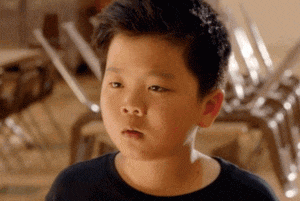Alright, yay! Last blog post! Party time! My journey with Fresh Off the Boat is finally coming to an end. Looking back, I am going to be honest. I did not like the show to begin with, and I still do not like the show now. However, it is a good show. I see that. It is just not my sense of humor, but it is well made and touches on real issues going on in the world today in a subtle way.
However, I feel like it’s only gone downhill. I love analyzing themes in shows and the deeper messages and the commentary on society. All shows do this (even the funny ones), but Fresh Off the Boat has lost its touch. They started the season really strong discussing topics such as stereotypes and gender roles. Now I have no idea what the show is talking about.
I saved my choice blog post topic for last, and I always had the intention of writing about theme for this one because it’s so interesting for me to discuss. But if I’m being honest, it hasn’t been interesting at all in the last few episodes. I watched 3 episodes today (I’m last minute I know) with the hopes of something worth talking about coming up and I got nothing.
The first episode I watched was about a gay man who came to visit who thought he had dated Louis Huang and had dated Jessica Huang as a cover for his sexuality. There’s nothing there so I try to search for some significant theme in the Huang family children. Eddie is unable to think of a science fair project, so he tries to get infected by his brothers’ chicken pox to avoid working and fails. In the end he learned so much about chicken pox by accident that he did his project on that with the help of his brothers. So, yay for comradery, but what’s the message. Learn about things you are passionate about? Even though he doesn’t actually care, and it was a ploy to do his work?

This is the Wham Halloween costume of Louis and the visiting college friend. It was too good to not include.
Fresh Off the Boat is doing good things in terms of putting a spotlight on important topics, but I don’t think that just because a show is lost in the middle of the season it should give up on delivering an important message. The writers don’t even have to come up with new themes and messages every episode – just thread the same ones throughout the entirety of the show. But, hey, I have to cut them some slack; I am basing this off of half of their first season. Maybe there’s more to discover if I keep watching?















